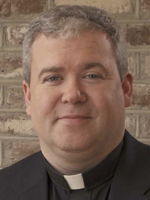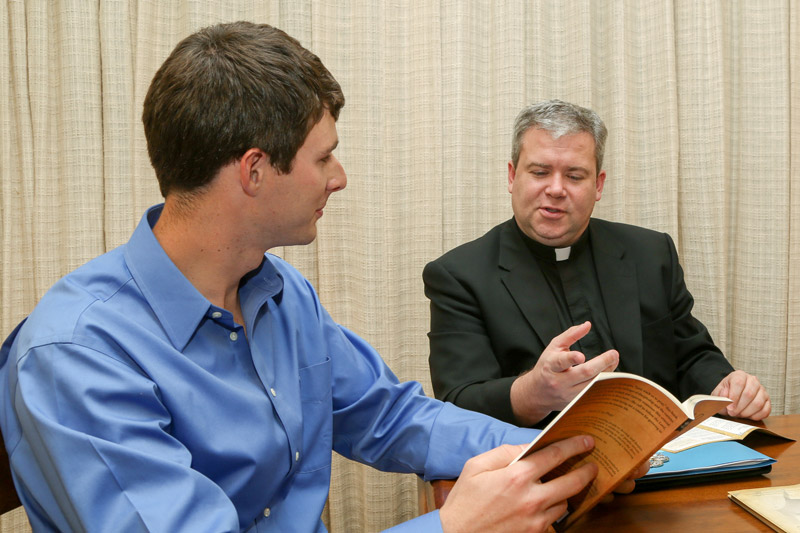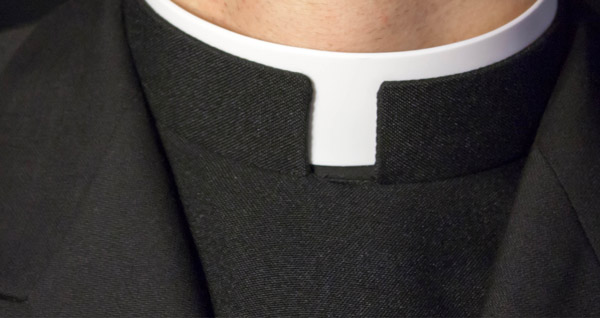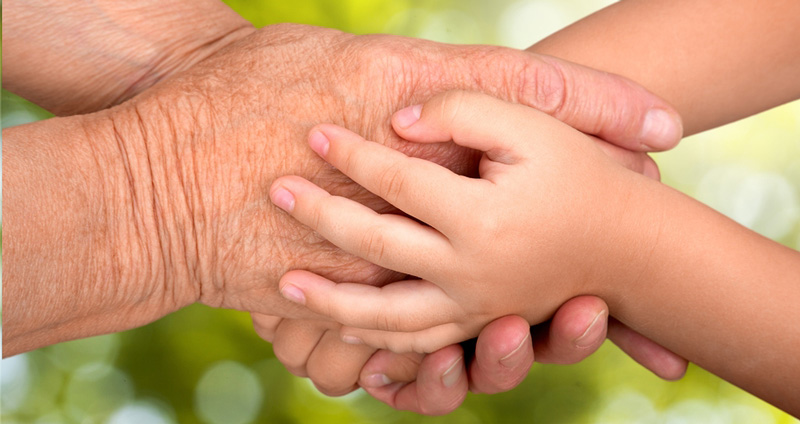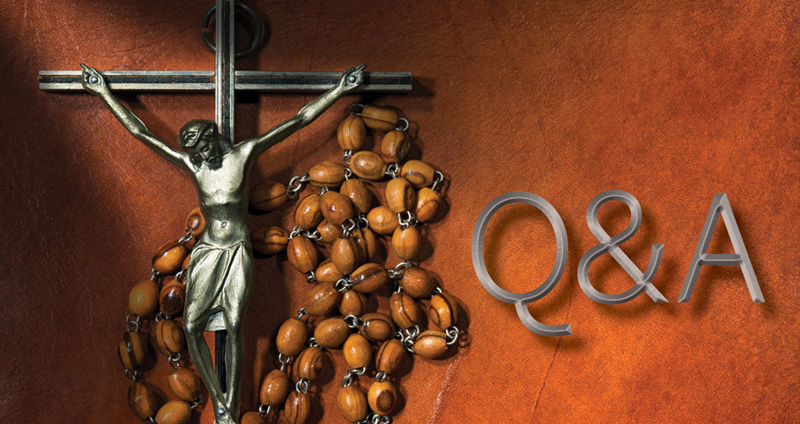
Q: A while ago, I had an elderly family member in the hospital. She was dying and I was encouraged to stop the artificial nutrition and hydration. I agreed with the doctors. We stopped everything and she died soon afterwards. I saw a recent article that said this was euthanasia. How can this be euthanasia if the food and water were given artificially? (Hilton Head, SC)
A: Every human person has dignity and a human vocation, which is a call to live and cherish our own humanity. This status demands basic human care, which includes food and water. If a person’s body is able to integrate food and water, then these must be provided, even if artificially. If we stopped these basic needs, then we are starving the person to death. This would be euthanasia.
If, however, the person’s body cannot integrate the food or water and/or the food or water would cause immediate harm to the person, then it could be suspended. This would not be euthanasia since the person’s medical condition is causing death (and not the suspension of food and water).
It’s worth stressing that food and water are basic human needs. Imagine our response if someone were to refuse to change a terminally ill person’s adult diaper or bedding because “they’re going to die anyway.” We would be appalled. We expect these basic services to be provided until the person actually dies. In a similar way, this is how moral truth approaches food and water. It’s a service that is not negotiable so long as the person’s body can receive and benefit from the food and water.
The fact that a person is unable to feed himself and food and water have to be given artificially does not dispense medical professionals or family members from providing this basic care to the person who is suffering.
With the above distinctions, I would encourage you to seek out a priest and discern how the situation involving your loved one pertains (or does not pertain) to the above. As we say in bioethics, “when you see one situation, you see one situation.” Every case is different and the details of each one indicate the moral obligation or option of nutrition and hydration, as well as any other medical treatment or procedures.
Q: Where are the writings of Christ — not “he said etc”. I want real writings — if He was God, He surely could write and make his writings last! (Richmond, Texas)
A: We know that the Lord Jesus could read and write. He read the parchment in the synagogue in Nazareth (Lk 4:16-17) and wrote on the ground when he was asked about the adulterous woman (Jn 8:6). With these abilities, however, the Lord chose not to write out his own teachings. None exist, and none have ever been claimed to exist.
The account of the Lord’s life and teachings, however, were held by his community of disciples. Late into the first generation, when the early Christians realized that the Lord would not return in their own lifetime, the Gospel books began to be composed. The Gospel writers drew on either their own experiences of the Lord and/or the oral tradition of his teachings that were retained by the Christian community.
As a statement of faith, Christians know that these accounts and teachings were preserved from error by the Holy Spirit and were recounted and redacted in the Gospels and throughout the New Testament as desired by God.
Father Jeffrey Kirby is administrator of Our Lady of Grace Church in Lancaster. Email him your questions at askfrkirby@gmail.com.

